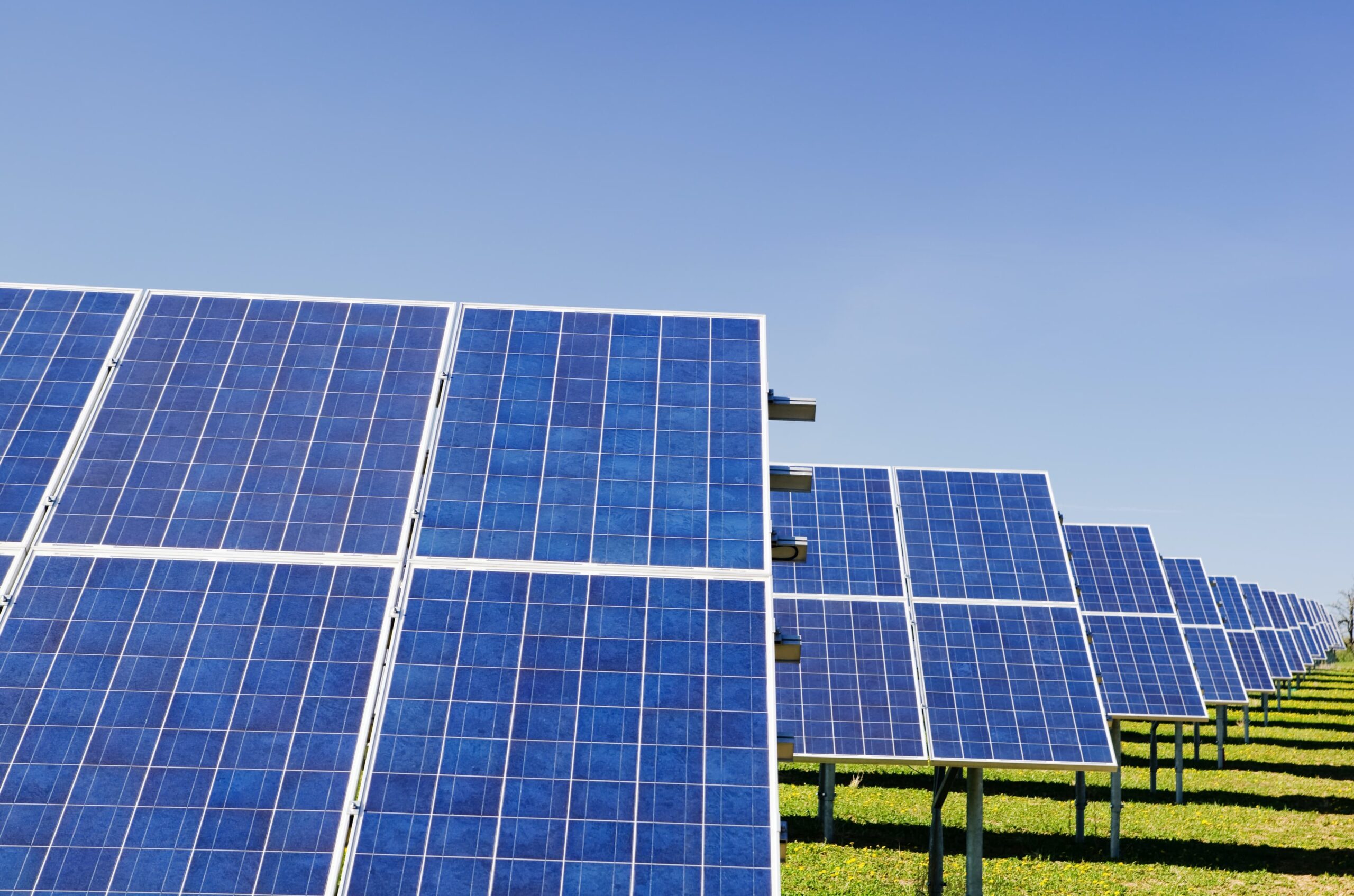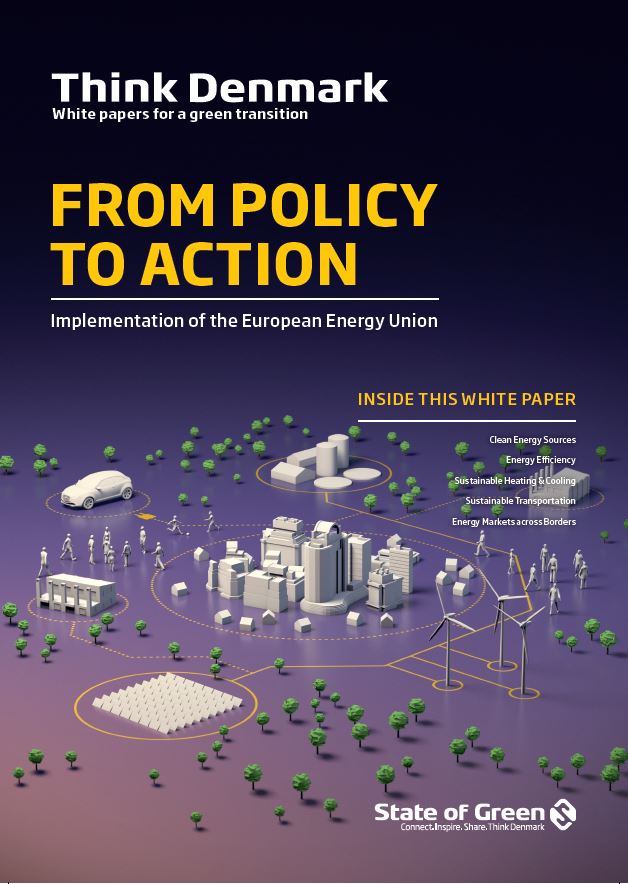Download our publication on from policy to action
This article is part of our publication ‘From Policy to Action’
Download nowPerspective
Industry


The EU-wide integration of energy markets is in full swing with the implementation of the third energy package and the underlying network codes and guidelines. Only with a well-functioning internal energy market can renewable energy be integrated efficiently while ensuring high security of supply.
The Clean Energy Package builds on and strengthens the currents cross-border markets. Cooperation of Transmission System Operators (TSOs) and National Regulatory Authorities (NRAs) is formalised to a high degree in EU legislation. TSOs formally cooperate within the European Network of Transmission System Operators (ENTSO), while the NRAs cooperate and coordinate under the umbrella of the Agency for the Cooperation of Energy Regulators (ACER). Furthermore, in the Clean Energy Package a new European entity is created to increase cooperation between European Distribution System Operators (DSOs).
In addition to legally binding regulations at EU level, Denmark has a long tradition of regional cooperation in the electricity market with neighbouring countries. This cooperation exists primarily in the Nordic region, but is also expanding to other areas in the EU. The energy field is a prime example of the benefits strong cooperation brings. Already around the shift of the millennium, the common Nordic wholesale market for electricity, Nordpool, was established, based on a political declaration from the Nordic energy ministers in 1995.

This article is part of our publication ‘From Policy to Action’
Download nowThe initiative has led to a regional market that increases welfare in the whole region, enabling integration of high amounts of renewables into the electricity system, ensuring security of supply and serving as a role model for the market design of the whole of the EU. Today, more than 80 percent of electricity is traded on the spot market in the Nordic region. Currently, the Nordic region works on renewing the regional vision for the future of the electricity market, tackling the foreseeable challenges connected to the change to a carbon-free economy as well as making use of opportunities connected to new technologies and digitalisation.
Strong and common regional solutions in energy markets are necessary to ensure the efficient integration of the next wave of renewable energy sources that have to be integrated into the energy systems in order to meet shared climate goals. Furthermore, current market design has to be adjusted in order to ensure that new technologies, such as batteries and other storage, can integrate their potential into the energy markets.
In another initiative, the North Seas Energy Cooperation, North Sea countries (Belgium, Denmark, France, Germany, Ireland, Luxembourg, the Netherlands, Norway and Sweden, and later also the UK) agreed to further strengthen their energy cooperation to improve conditions for the development of offshore wind energy in order to ensure a sustainable, secure and affordable energy supply in the area.
publications
Energy efficiency in industry
+7
Perspective
Sector coupling
+9